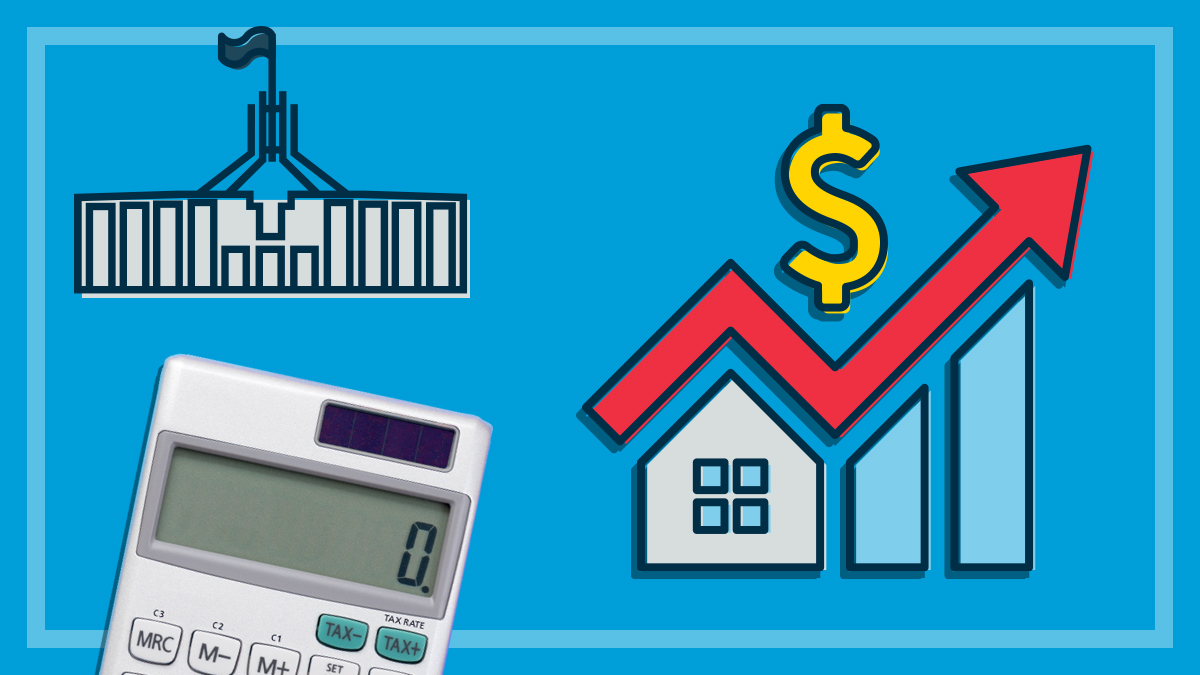Get our independent lab tests, expert reviews and honest advice.
Budget 2023: Everything you need to know about the ‘cost of living’ Budget

Federal Treasurer Jim Chalmers has handed down his first full Budget, with a $14.6 billion ‘cost of living’ relief package as its centrepiece.
Speaking at parliament on Tuesday night, Chalmers said the Budget struck the balance of spending restraint to reduce inflation and doing “what we can to help people struggling to make ends meet”.
“The Budget we present to the Australian people tonight provides cost of living relief that is responsible and affordable and prioritises those most in need,” he said.
Key Budget measures
Electricity bill relief
One of the key measures in the Budget is a $500 electricity bill relief package for eligible low-income households, delivered in partnership with the states and territories. The one-off deduction will apply to around 5.5 million households across the country.
Boost to government payments
The almost one million Australians receiving JobSeeker support from Centrelink will also receive a modest boost to their support payment. The Budget sees the JobSeeker unemployment payment rise by $2.80 a day and the extra $40 a fortnight will also go to people on Youth Allowance, Austudy and other government payments. Commonwealth rent assistance will also increase by $31 a fortnight.
The almost one million Australians receiving JobSeeker support from Centrelink will also receive a modest boost to their support payment
Those on the government’s single parent payment will have the timeframe that they can stay on the payment extended by six years. Single parents will now be moved off the payment and on to the lower Newstart rate when their youngest child turns 14 years old, up from the earlier cutoff of eight.
Bulk billing incentives and changes to the PBS
The government is also tripling the incentive paid to GPs to bulk bill medical consultations for families with young children, pensioners and Commonwealth concession card holders.
Under changes to the Pharmaceutical Benefits Scheme (PBS) foreshadowed before Budget day, millions of people will be able to pick up a two-month supply of medicine from the pharmacy with a single script, for the same cost as they would normally pay for a one-month supply. The move is intended to slash the cost of essential medicines for customers as well as reducing the number of GP visits needed.
Health Minister Mark Butler said the move would save patients around $180 a year for each medicine and will apply to 320 common PBS-listed medications.
CHOICE data reveals cost of living concerns
This year’s Budget announcement comes as CHOICE survey data reveals Australian households are more concerned about the cost of living than at any other point in the last seven years of data collection.
In a nationally representative survey of over 1000 people conducted in March and April this year, a record 93% of households said they had seen their household bills and expenses go up over the last 12 months.
The cost of food and groceries was the highest concern for 85% of households surveyed, followed by the cost of fuel and household energy bills.
CHOICE survey data also shows the rising cost of housing is hitting both renters and mortgage holders hard. Back in January 2021, 46% of mortgage holders and just over half of renters (51%) said the cost of housing was a concern. This year, the level of concern has jumped to 78% of mortgage holders and 72% of renters.
Opposition criticises Budget as “inflationary”
While the federal opposition will formulate their official response to the Budget in the coming days, Shadow Treasurer Angus Taylor has been quick to call the Budget and the government’s spending measures “inflationary”.
“What we needed was a Budget that was going to take the pressure off inflation, take the pressure off interest rates, because inflation affects everybody,” he told ABC Radio National.
He said Labor “divided” Australians into those who got benefits from the Budget and those who didn’t and that a greater focus on tackling inflation would have been of benefit to everyone.
“The failure of the Budget is inflationary, that failure is putting the pressure on hardworking families who are trying to get ahead, that’s who this Budget has failed,” he said.
CHOICE Consumer Pulse March 2023 is based on a survey of 1170 Australian households. Quotas were applied for representations in each age group as well as genders and location to ensure coverage in each state and territory across metropolitan and regional areas. Fieldwork was conducted from March 23rd to April 5th 2023.





